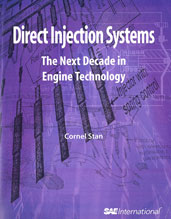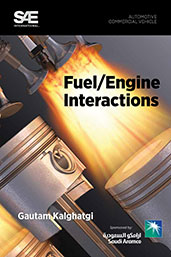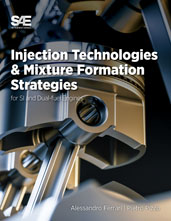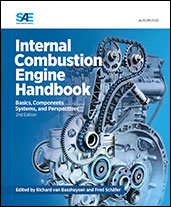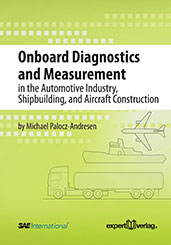Book

Diesel Common Rail and Advanced Fuel Injection Systems
2005-09-12
Despite being developed more than 100 years ago, the diesel engine has yet to achieve mass acceptance in the North American passenger car sector. In most other parts of the world, however, diesel engines have made considerable strides due in part to the common rail fuel injection system. Significant fuel economy, reduced exhaust emissions, invincible low-speed torque, and all-around good drivability are a few of the benefits associated with common rail technology, which are covered in-depth in Diesel Common Rail and Advanced Fuel Injection Systems.
